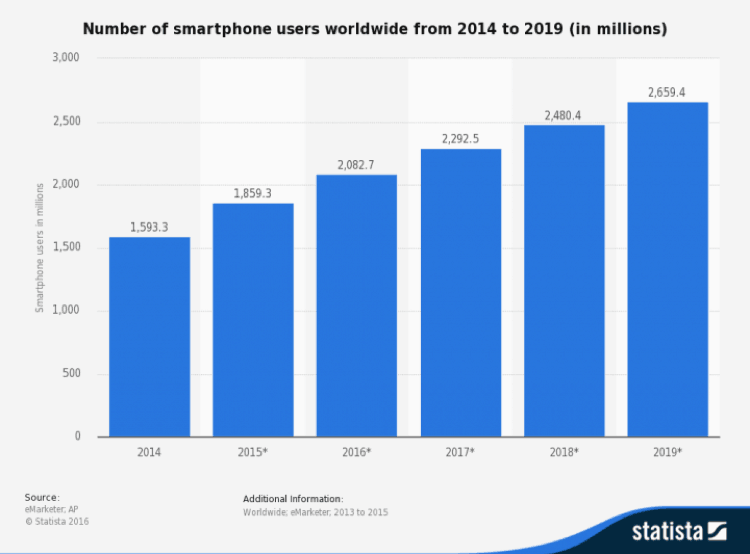The year 2017 has been a witness to many innovations in online marketing. The rules keep on changing depending on the needs of the market, and to find solutions to loopholes in the system. That is why search engines are always looking to get ahead of their game. Proper regulation is crucial, so everyone gets a fair game online.
Lots of online marketing strategies come and go. While some strategies get to stay for the long haul, many others disappear even before people know of them. What makes some tactics tick? The answer, of course, is relative, depending on the times and needs of the market.
Strategies that work for the long haul have a far-reaching vision. These don’t intend to work just for the short-term where you get instant gratification. But the more stable an online marketing strategy is, the harder it is to implement and maintain. So, don’t get fooled if you seem to get a tactic efficiently working.
We’ve learned a lot of marketing lessons this year that we can take with us for the coming year. One essential idea that we’ve learned this year is the value of integrity. Search engines now pick up sites that uphold integrity in all of their posts, may it be a text article or photo. Fake reviews, likes, and backlinks used to get looked over by search engines. These days, there’s been a big crackdown on these phony strategies to encourage people further to uphold authenticity online.
What have we learned from 2017? Here is an overview:
1. Mobile sites are now mandatory

In the past, having a desktop site was acceptable, and most businesses just had one. However, with more people using smartphones to browse the internet, having a mobile website is key to any business’ success with online marketing. If you want to improve your SEO ranking, curate and publish a mobile version of your site right now. If you’re unsure of how to do it, contact your local SEO agency for professional advice.
With the rise of responsive design, having a mobile version of your website is easier than ever. Many website platforms including WordPress have “ready-to-go” themes that are mobile responsive by default.
It has been confirmed by Google that having a mobile responsive website is acceptable in the Mobile-first Index.
Even though Google keeps going back & forth on this topic, there may be the case in the future where the search results will display a permanent notification that a website is not mobile friendly.

2. People start to question promoted stories
It used to be that sponsored or promoted stories & affiliate links ruled online articles, especially those published by bloggers. These days, however, more readers frown upon this practice as they find it a cheap form of advertising. Sure, as a blogger you feel proud that a company would want to sponsor you. But with the overuse of this type of marketing, people have become overwhelmed with being fed advertisements. You may be reading a blog, and you find the article interesting. And then, at the end of the post, you see a label that says, “sponsored post.” It can be disappointing for many since even though you find the service or product a good one, the fact that it is sponsored makes people think twice about what you are saying.
Furthermore, in 2017, the FTC reminded the brands & influencers of the world that they are required to disclose a paid relationship.
With social media influencers, as seen with the Kardashians, you may now notice that social posts contain “#ad” or “#partner” type, legally disclosing that they are being paid for the upload.

3. Small sites built for easy revenue won’t last

While it will be never officially confirmed, it was suspected that Google rolled out a new algorithm filter on March 8, 2017. As usual, these algorithm filters are put out to minimize the amount of spam in the search results & provide a better user experience for search visitors.
With this update specifically, the data collected shows that the target of this filter was a small site with minimal content for the sole purpose of generating revenue with providing a great user experience.
While Google confirms that user-experience is the most important factors in their eyes, the algorithm continues to show low-quality websites in the search results. This just proves that it’s obvious that Google is looking to crack down on thin-content affiliate sites and/or sites that serve no real purpose.
While 2018 is definitely bound to bring in some really significant changes in the way we utilize digital marketing, these are a few of the many lessons we’ve learned in 2017. To stay up to date, kbeep tabs on your online marketing strategies, analyze your data and assess your strengths & weaknesses so your brand can emerge stronger in 2018.

